In the dynamic world of cryptocurrency, various mechanisms are employed to influence token value and market dynamics. One such mechanism is token burning, a process where a certain number of tokens are permanently removed from circulation. This article delves into the concept of token burns, their economic implications, and how they can impact cryptocurrency prices.
Enhance your trading strategies with EPIQ Trading Floor. Gain access to real-time trade signals, an exclusive mobile app, members-only livestreams, and personalized one-on-one coaching. Use code “BLOG” at checkout for a 10% discount and enjoy a risk-free 3-day trial—cancel anytime within 72 hours without being charged.
Understanding Token Burns
Token burning involves the deliberate and permanent removal of a certain number of cryptocurrency tokens from circulation. This is typically achieved by sending the tokens to a burn address, a wallet from which they can never be retrieved. The primary objective is to reduce the total supply of tokens, thereby creating scarcity. This concept mirrors traditional financial strategies, such as stock buybacks, where companies repurchase shares to decrease supply and potentially increase value
The Economics Behind Token Burns
The fundamental economic principle governing token burns is supply and demand. By reducing the supply of a token, assuming demand remains constant or increases, the scarcity can lead to a rise in the token’s price. This strategy aims to incentivize holding and can enhance the perceived value of the token. However, the actual impact on price depends on various factors, including market perception and the overall utility of the token
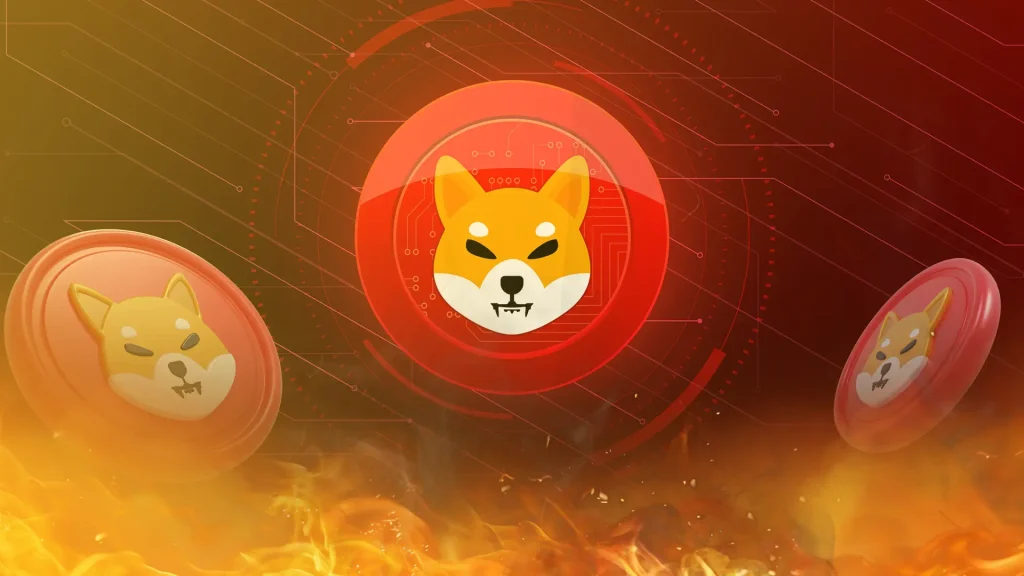
Real-World Examples of Token Burns
- Binance Coin (BNB): Binance, one of the largest cryptocurrency exchanges, conducts quarterly token burns of its native BNB token. These burns are part of Binance’s commitment to remove 100 million BNB from circulation, aiming to increase scarcity and potentially boost the token’s value
- Shiba Inu (SHIB): The Shiba Inu project implemented a burn mechanism where a significant portion of its tokens was sent to a burn address. This move was intended to reduce supply and create a deflationary effect, potentially increasing the token’s value over time
Factors Influencing the Effectiveness of Token Burns
While token burns can theoretically increase a token’s value by reducing supply, their effectiveness is influenced by several factors
- Market Perception: If investors view the burn as a positive move towards scarcity and value appreciation, it can lead to increased demand and a price surge. Conversely, if perceived as a gimmick, it may have little to no positive impact
- Burn Size Relative to Total Supply: A substantial burn relative to the total supply is more likely to have a noticeable impact on price. Minor burns may not significantly affect market dynamics.
- Overall Market Conditions: In bullish markets, token burns may amplify price increases, while in bearish markets, their impact might be muted
- Token Utility and Demand: Beyond supply reduction, the inherent utility and demand for the token play crucial roles. A token with strong use cases and growing adoption is more likely to benefit from burns than one lacking clear utility
Potential Risks and Criticisms of Token Burns
It’s essential to approach token burns with a critical eye
- Temporary Price Manipulation: Some projects may use token burns as a short-term strategy to inflate prices without addressing underlying issues, leading to potential volatility
- Lack of Transparency: Not all token burns are conducted transparently. Investors should ensure that burns are verifiable and genuinely remove tokens from circulation
- No Guaranteed Value Increase: Reducing supply doesn’t automatically lead to increased value. Without sustained demand and utility, the price may not experience significant long-term appreciation
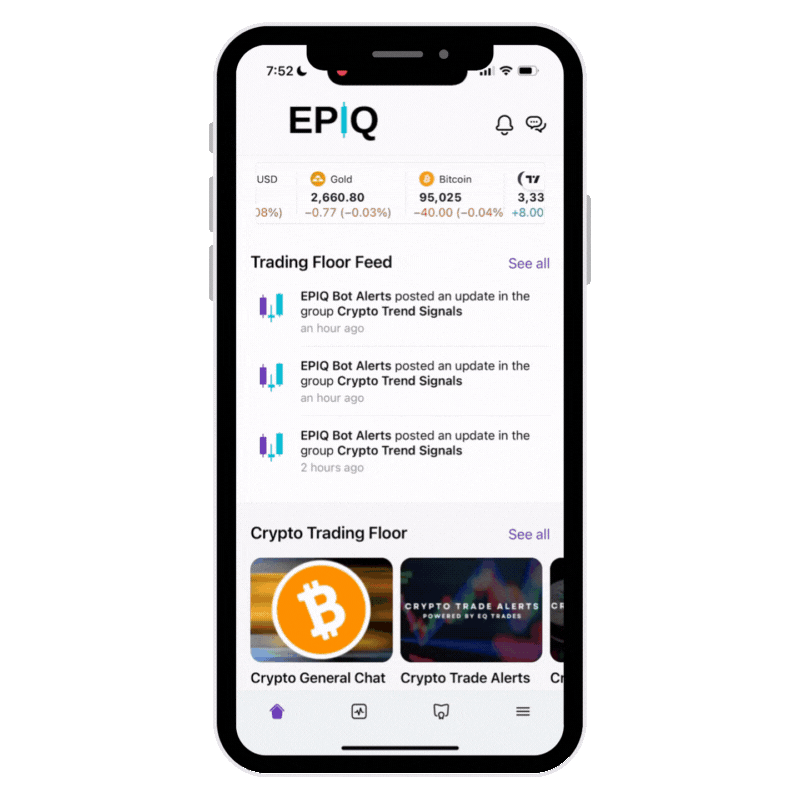
Conclusion
Token burns are a strategic tool in the cryptocurrency market aimed at reducing supply and potentially enhancing token value. However, their success depends on various factors, including market perception, the scale of the burn, overall market conditions, and the token’s inherent utility. Investors should conduct thorough research and consider the broader context before making decisions based on token burn announcements
Advance your trading journey with EPIQ Trading Floor. Access real-time trade signals, an exclusive mobile app, members-only livestreams, and personalized coaching. Use code “BLOG” at checkout for a 10% discount and enjoy a risk-free 3-day trial—cancel anytime within 72 hours without being charged.
Disclaimer: This article is for educational purposes only and does not constitute financial advice. Cryptocurrency investments carry significant risks. Conduct thorough research and consult with a financial advisor before making any investment decisions.


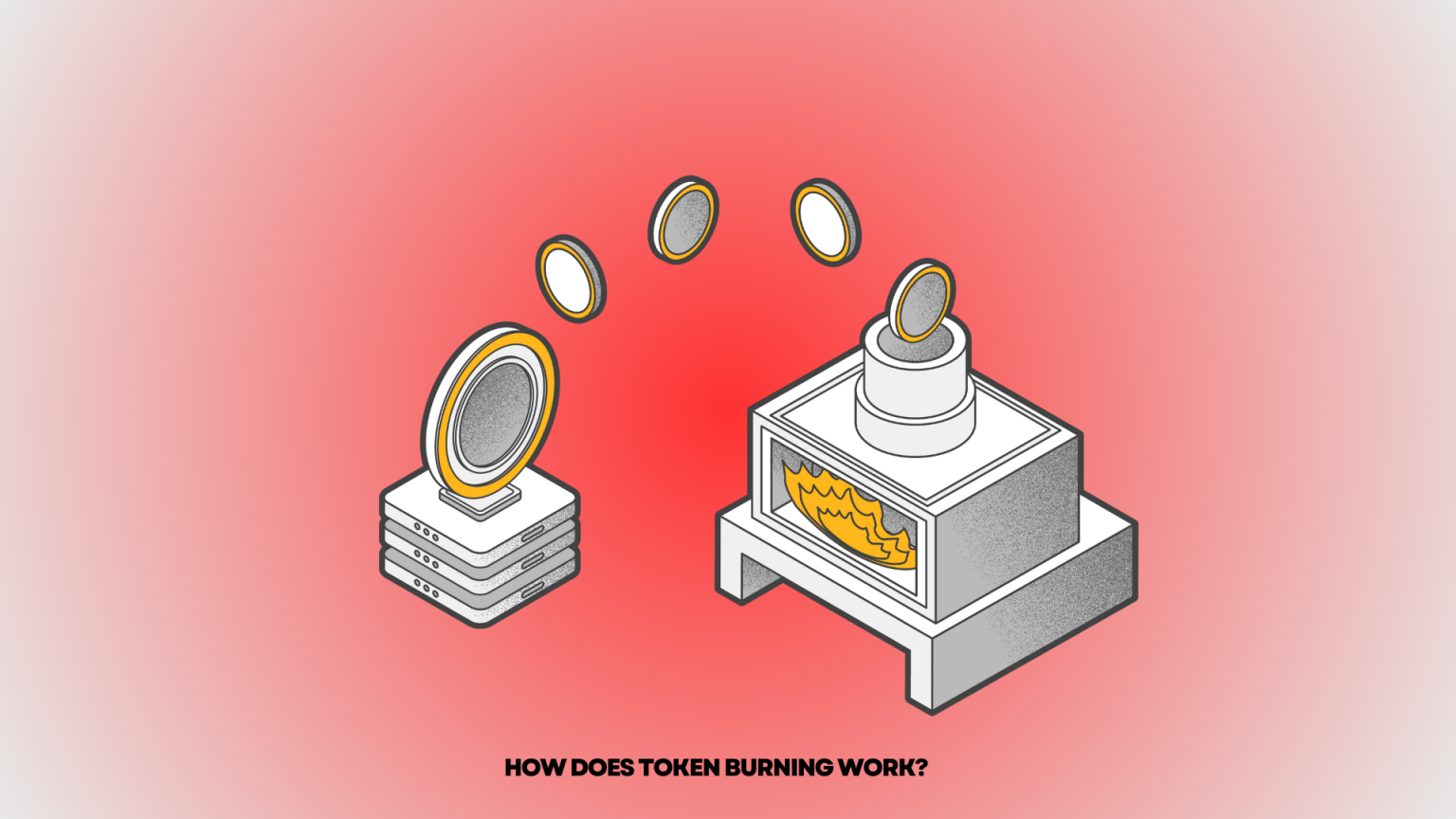
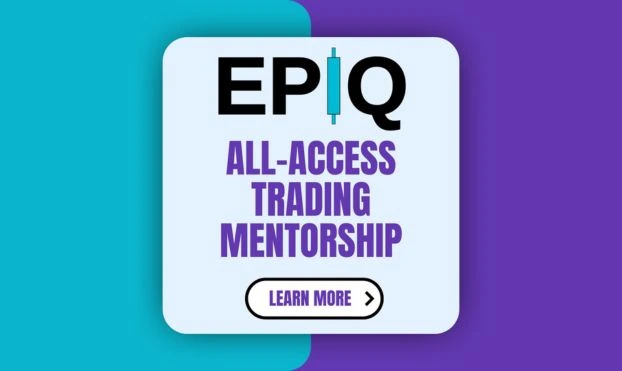
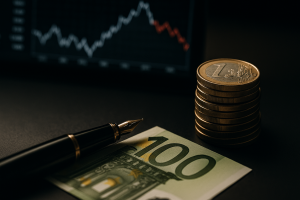
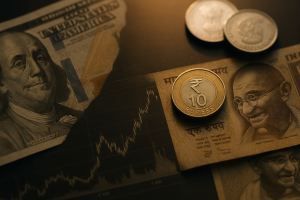
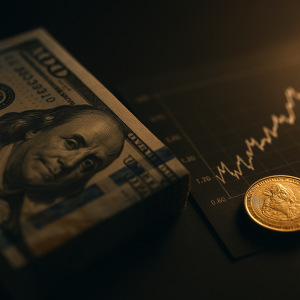


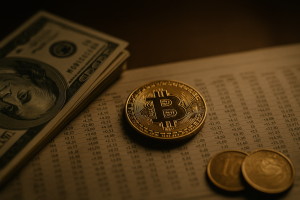
Responses